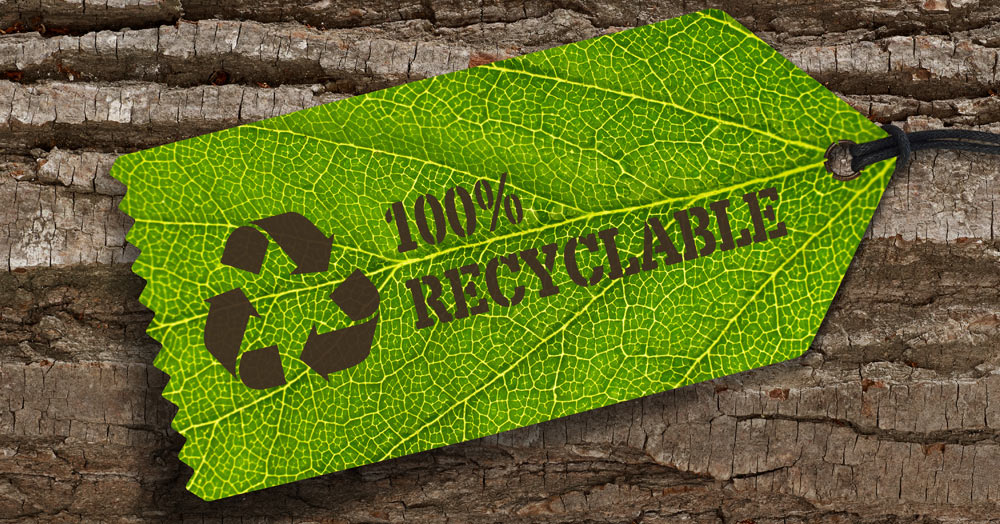
How Saving the World Can Grow Your Bottom Line
June 25, 2018
Study: Consumers Aren’t Fooled by “Go Paperless! Go Green” Claims
October 23, 20183 Steps To Turning Unhappy Customers Into Happy Ones

Everyone messes up once in awhile. Even when you maintain the highest standards, you can still trip on your pant cuffs. It happens. If you’ve messed up recently, let’s take a look at some real whoppers that (hopefully) will make you feel better. (At least you didn’t mess it up that bad, right?) Then we’ll look at how you can turn even a major blunder into an asset.
- Electronic Arts mailed customers an illegal product. [Full Story]
Electronic Arts, a top manufacturer of video games, wanted to promote the release of its new game “The Godfather II.” Channeling the game’s namesake, EA mailed out sets of brass knuckles as part of its promotion. Unfortunately, brass knuckles are illegal to own in many states. Not only did EA ship an illegal product, but once the company realized its error, it asked recipients ship the brass knuckles back—which is also illegal. Ouch.
- Cartoon Network launched a bomb scare. [Full Story]
One popular form of marketing is “guerrilla marketing” in which marketers use unconventional, low-budget channels to get their message out. Cartoon Network used this technique to promote a new cartoon by setting up LED signs in unexpected locations around the country. One resident in Boston, however, thought the devices were bombs and called the police. “This turned into a terrorism scare, resulting in the shut-down of many public transportation lines, bridges, and roads. The problem cost the head of Cartoon Network his job, and the broadcasting company $2 million in compensation for the emergency response team.”
- Target “outs” a teenage mother. [Full Story]
In order to create highly relevant marketing touches, Target creates detailed profiles of its customers based on past purchases and other demographic and profile information. Modeling based on that information can be extremely accurate in predicting customer needs and behavior . . . sometimes too accurate.
Several years ago, Target used its modeling tools to create a list of likely expectant mothers, who were sent promotions and discounts on products based on their projected due dates. Unfortunately, this program “outed” a pregnant teenager before she had worked up the nerve to tell her parents. The news went viral—fast.
Hopefully, most of us will never experience disasters of this scale, but it’s a reminder that it can happen to the best of us. What if it happens to you? Fortunately, customers know that we’re human, and they can be very forgiving if you handle it right. Whether the blunder is a simple misplaced order or a major marketing fail, here’s how to handle it.
- Don’t make excuses. If you messed up, own it.
- Apologize. Do it sincerely and transparently . . . and immediately.
- Make things right. Do more than the minimum. Send a replacement with free upgraded shipping. Add a free gift. Give them something of value in proportion to what they experienced.
Believe it or not, these simple steps can actually improve the customer relationship in the long-term.
What if you didn’t actually make a mistake? What if you did everything the client requested and they still weren’t happy? These situations can be tough, but there are still ways to improve.
Debrief with both your client and your staff. Was there a miscommunication somewhere along the line? Did expectations not align? Sometimes what the customer asks for is not what they really want—they just don’t know it. Consequently, they are dissatisfied, not because you made a mistake, but because they ordered the wrong thing.
These situations serve as great reminders of the importance of communication. Did we ask all the right questions? Do we know our client well enough to anticipate their needs? We are all experts in our fields, but our customers likely aren’t, so this becomes an opportunity to discuss the differences between their request and their expectations.
So don’t be afraid of mistakes. Use them as opportunities to improve the relationship with your customers instead.






